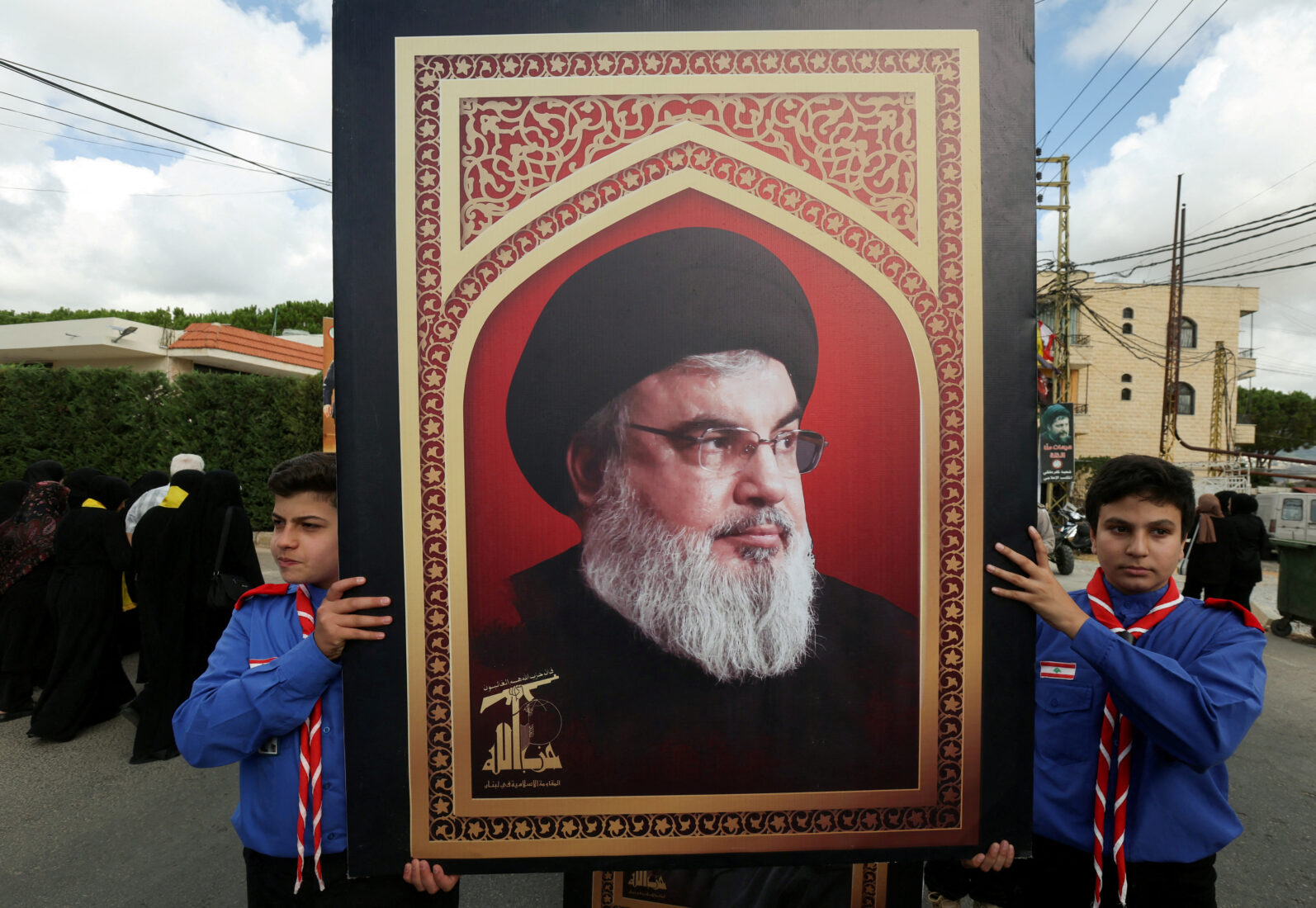Despite Türkiye’s firm opposition to an Israeli ground operation in Lebanon, Israel’s recent airstrikes targeting Iran-backed Hezbollah’s leadership have weakened a significant geopolitical force aligned with Iran, creating an opportunity for Türkiye to assert its regional dominance. Hezbollah, a militant organization funded and armed by Iran, has long posed challenges to Türkiye’s regional policies.
Israel’s aggressive campaign against Hezbollah, particularly through precision air attacks, has destabilized Iran’s influence in the region, indirectly serving Türkiye’s interests. This development positions Türkiye against Iran in a more favorable light, potentially allowing Ankara to extend its influence over key territories such as Syria and Iraq, analysts told AFP.
Though Türkiye has historically been one of Israel’s fiercest critics, especially in response to Israeli actions in Gaza, President Erdogan has notably refrained from publicly condemning Hezbollah’s recent losses, including the assassination of its leader, Hassan Nasrallah, who was backed by Tehran.

“Hezbollah’s decapitation diminishes the influence of Türkiye’s top regional rival, Iran, and is not something Türkiye would shed tears over,” said Asli Aydintasbas, an expert from the Brookings Institution. This sentiment reflects Türkiye’s complex geopolitical stance — while vocal in denouncing Israel, the country benefits from Hezbollah’s setbacks as they weaken Iran’s regional power.
Erdogan is lukewarm on Hezbollah
President Recep Tayyip Erdogan has been unsparing in denouncing Israel since the start of its devastating assault on Gaza last year following a deadly attack by Palestinian Hamas.
But he has not directly reacted to Hezbollah’s recent losses in public — though his foreign minister Hakan Fidan hailed Nasrallah after his killing.
“If it translates into a longer-term weakening of Iran and allied Shiite groups, including Hezbollah, that will really pave the way for Türkiye to play a more dominant role” in Syria and Iraq, said Gonul Tol, Türkiye director for the Middle East Institute, a research centre in Washington.
Turkish influence in Syria
If the recent blows to Hezbollah translate into a sustained weakening of Iran and its allied Shiite groups, including Hezbollah, this could pave the way for Türkiye to take a more dominant role in the future of Syria and Iraq, noted Gonul Tol, director of Turkey programs at the Middle East Institute. The conflict in Syria, where Hezbollah has backed Bashar al-Assad’s regime, remains a crucial point of tension between Türkiye and Iran.
The civil war in Syria has already caused significant destabilization along Türkiye’s southern borders, pushing millions of refugees into Turkish territory. By capitalizing on Hezbollah’s weakening grip in the region, Türkiye stands to mitigate some of the threats posed by Iran’s influence.
Analysts suggest Türkiye is satisfied by the setback for Hezbollah and, by extension, Iran, largely because of their support for Bashar al-Assad, leader of neighbouring Syria.
Türkiye and Hezbollah “are hardly on the same page when it comes to regional issues, particularly in Syria where the latter supports the regime and is complicit in the war crimes Assad has committed”, said Ozgur Unluhisarcikli of the German Marshall Fund, a US think tank.
Turkish approach is Pro-Palestinian, not pro-Hezbollah
Despite Erdogan’s staunch pro-Palestinian stance and frequent accusations against Israel of committing “genocide” in Gaza, analysts highlight that Türkiye’s sympathies for the Palestinian cause do not extend to Iran and its Shiite allies like Hezbollah, the Huthis in Yemen, or various Shiite factions in Iraq.
Türkiye’s Erdogan has been on the side of those who accused Israel on accounts of “genocide” of Palestinians in its assault on Gaza and branded Israel’s Prime Minister Benjamin Netanyahu a war criminal.
While public sentiment in Türkiye may vary regarding Hassan Nasrallah’s death and Hezbollah’s losses, it’s clear that Türkiye’s focus on regional power prioritizes weakening Iran’s foothold in Syria and Lebanon.
As Türkiye against Iran continues to play out across multiple fronts, Ankara’s strategy involves navigating complex regional dynamics while taking advantage of its rivals’ setbacks.









